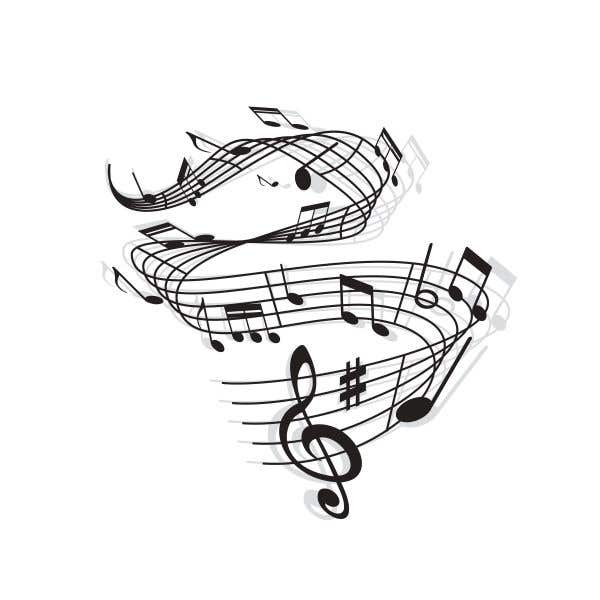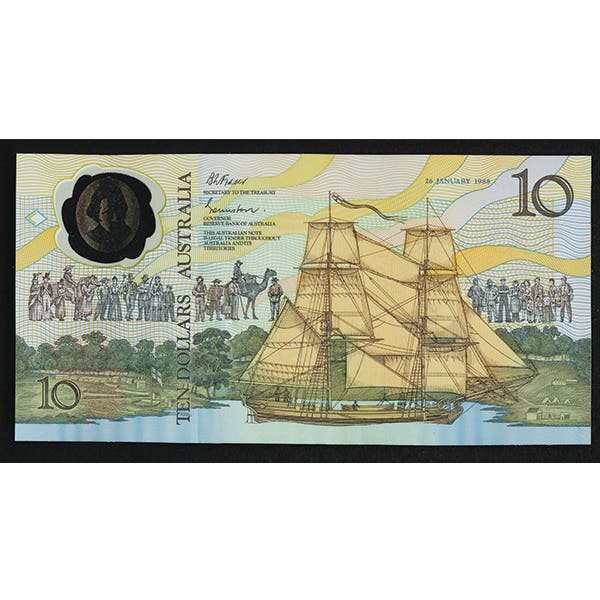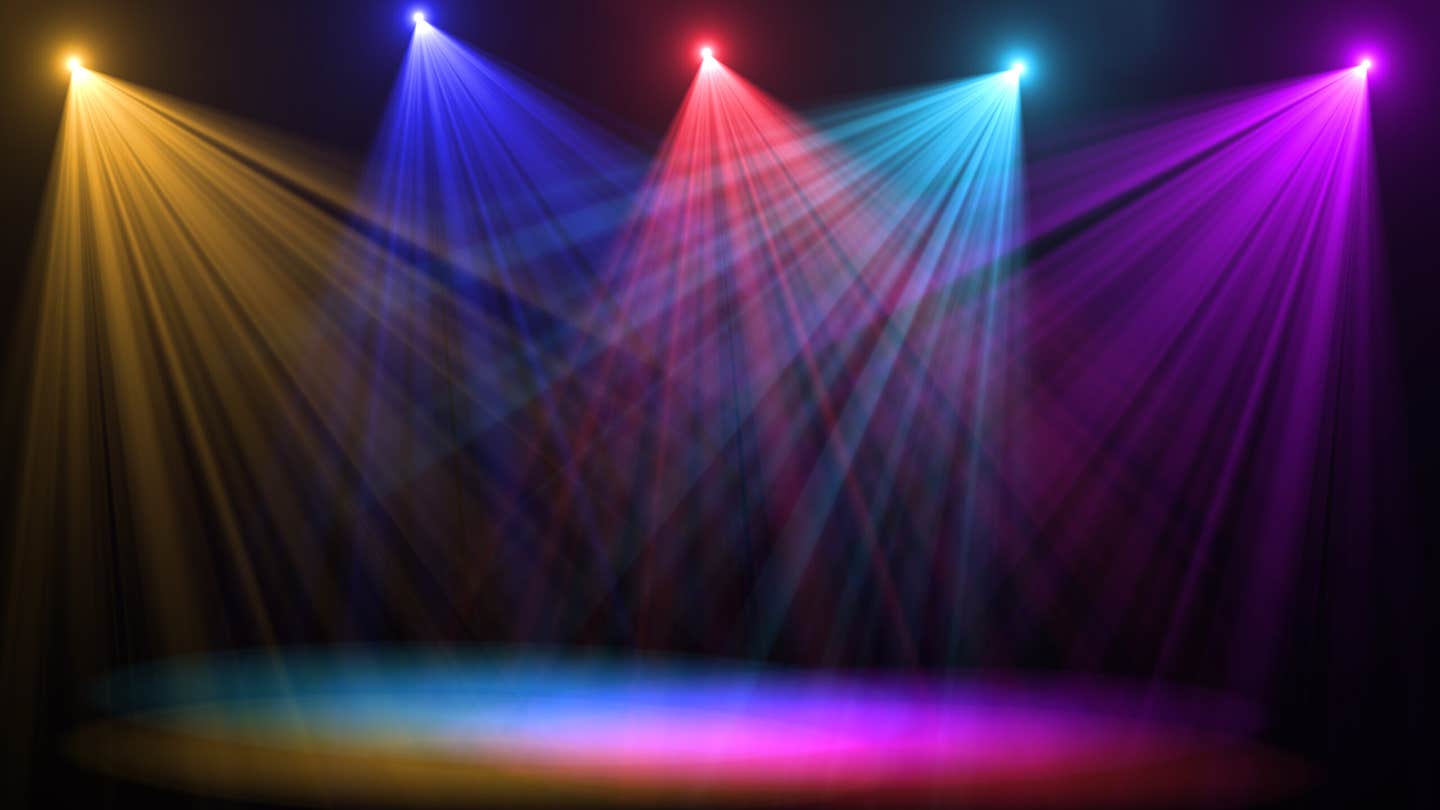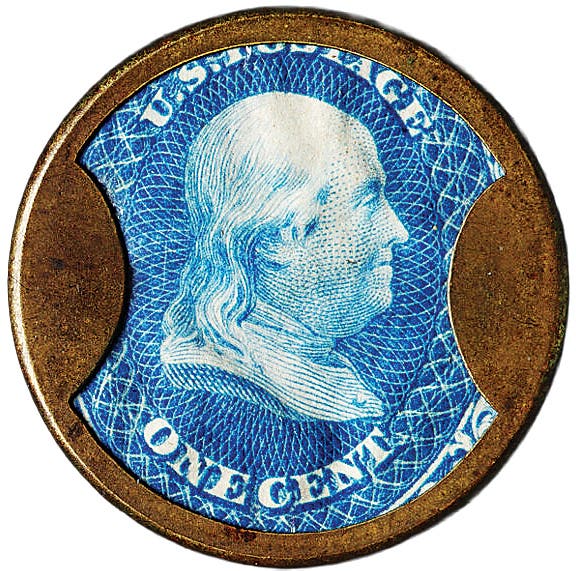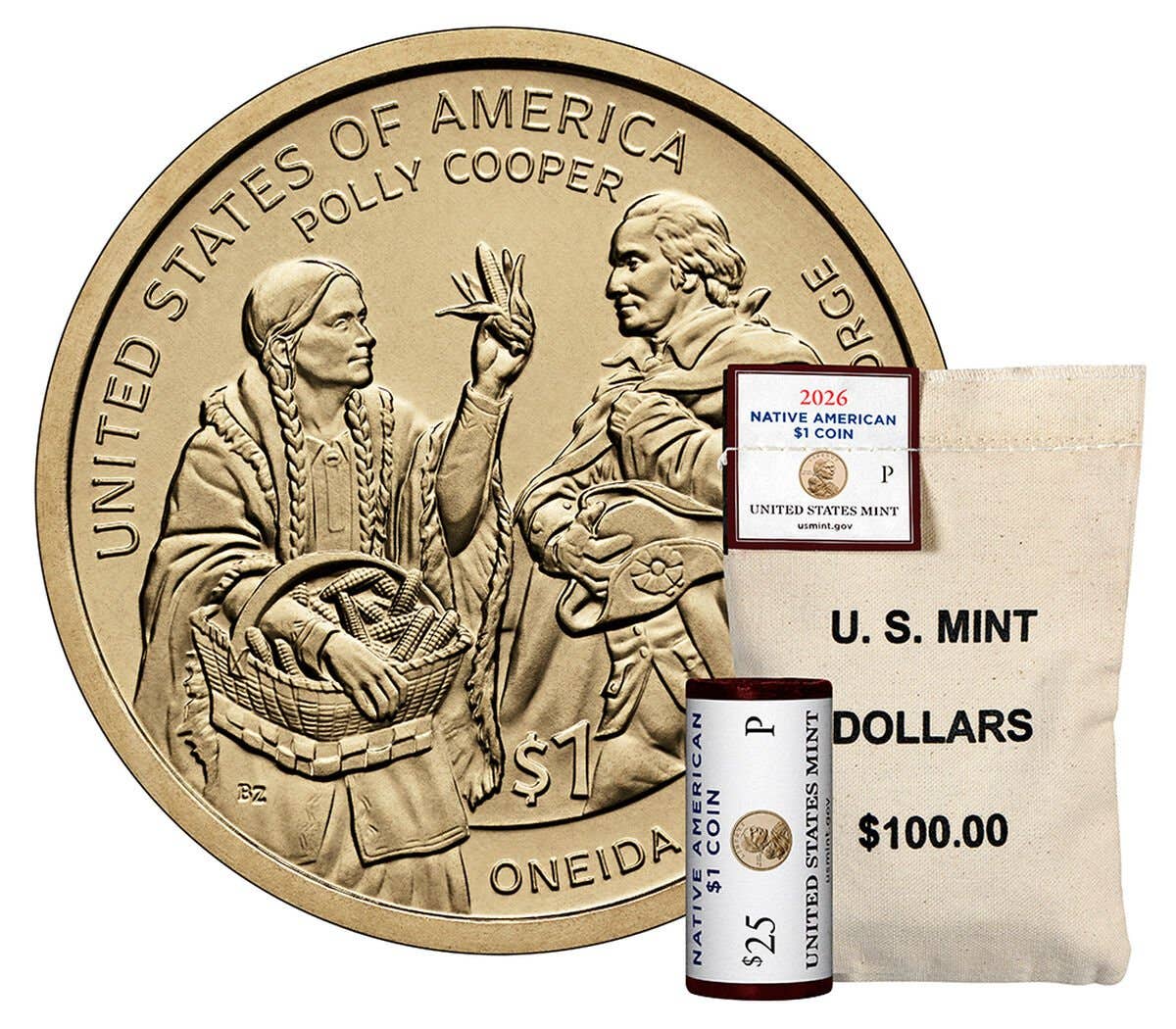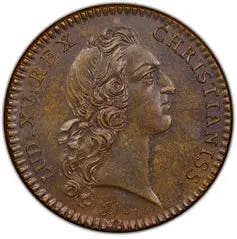Community Voice Responses (Oct. 10, 2017)
From the Sept. 15 Numismatic News E-Newsletter: Should diamonds be used as spendable currency? Here are some answers sent from our e-newsletter readers to Editor Dave Harper. If people are…
From the Sept. 15 Numismatic News E-Newsletter:
Should diamonds be used as spendable currency?
Here are some answers sent from our e-newsletter readers to Editor Dave Harper.
If people are willing to accept diamonds as currency then they should be used, just as any other acceptable form of money.
The downside of diamonds is the same as numismatic coins. Artificial diamonds can be made, as coins are counterfeited. The grading is subjective and imprecise, as are coins. Non-numismatic coins have a uniform valuation. Someone would have to establish a valuation for diamonds. Each diamond to be traded would need a value assigned based on quality and size, plus a certificate of authenticity.
Perhaps the idea is more trouble than it is worth.
Bruce R. Frohman
Modesto, Calif.
Absolutely not, for they have been most successfully reproduced in laboratories including many other gemstones.
On the other hand, gold and silver cannot be reproduced, nor land, clean water and basic staples common to all people.
Therein lies our money and barter.
Paul V. Battaglia
Milford, N.H.
No, diamonds should not be spendable. How can one have a standard value for items, each of which are unique? This sounds completely impractical and perhaps a scheme of DeBeers to unload their gigantic hoard.
Tom Miller
Santa Rosa, Calif.
I do not believe that we should be using diamonds like we do money. Too many fake ones to deal with or where they came from, so my answer is no.
Bob D. Allen
Address withheld
Using diamonds for spendable currency will never work. Most people don’t know the four Cs about them, and what happens if they happen to be fake.
Phil Iverson
Address withheld
Not a joke? I guess the “hard money” wackos have taken it to the next level of hardness.
William Eckberg
Address withheld
How can something with such a history and only those with big dollar pays get to play? This excludes too many. Or is it for a few?
Geri Putnam
Address withheld
With the blood diamonds from Africa, it seems this would be a ridiculous idea considering that people still manage to spend falsified coins and notes. Checking a diamond: maybe no problem for big companies, but for small shops and individuals impossible. Yesterday I attended a coin fair. Imagine checking diamonds on a fair.
Name withheld
No.
Max Stucky
Colorado Springs, Colo.
A common mistake is the idea that economies are either barter or monetary. There is a third category, which is an economy that uses trade goods. Countries that used the gold and silver standard were not monetary economies, they used trade goods.
The problem became evident throughout the nineteenth century when the supply and demand for gold and silver went out of synch with the supply and demand for money, culminating in the U.S. elections of 1896 and 1900 where the free minting of silver versus the gold standard were major political issues.
Money is not a physical good. It is a claim on future resources, and that is what gives it value. A physical good can represent money, but it can never be money.
Proposals to monetize various valuable items not only run into the problem that the central bank (in the U.S., the Federal Reserve) will lose control over the money supply so it can grow or shrink independent of reserve ratios and interest rates, but also the problem that it requires anyone handling these items to be expert enough to identify counterfeits.
I trust the local cashiers to identify current U.S. coins and currency. I may get a surprised look if I pay with a golden dollar or $2 bill, but I’m not one of the few who have been accused of counterfeiting. However, I do not trust that a cashier, even if they are the actual owner of a small business, will be able to tell a real silver bar from a silver-plated lead bar, or a real diamond from a cheap manufactured diamond or even cubic zirconium. That’s not supposed to be within their area of expertise.
If you want to barter a diamond or gold coin for an item you want (and that’s what it is, barter), you should go to a jeweler or other expert dealer, sell the item for real money, and then spend it on the item you want.
Simcha Kuritzky
Maryland
This article was originally printed in Numismatic News Express. >> Subscribe today
More Collecting Resources
• Subscribe to our monthly Coins magazine - a great resource for any collector!
• If you enjoy reading about what inspires coin designs, you'll want to check out Fascinating Facts, Mysteries & Myths about U.S. Coins.




